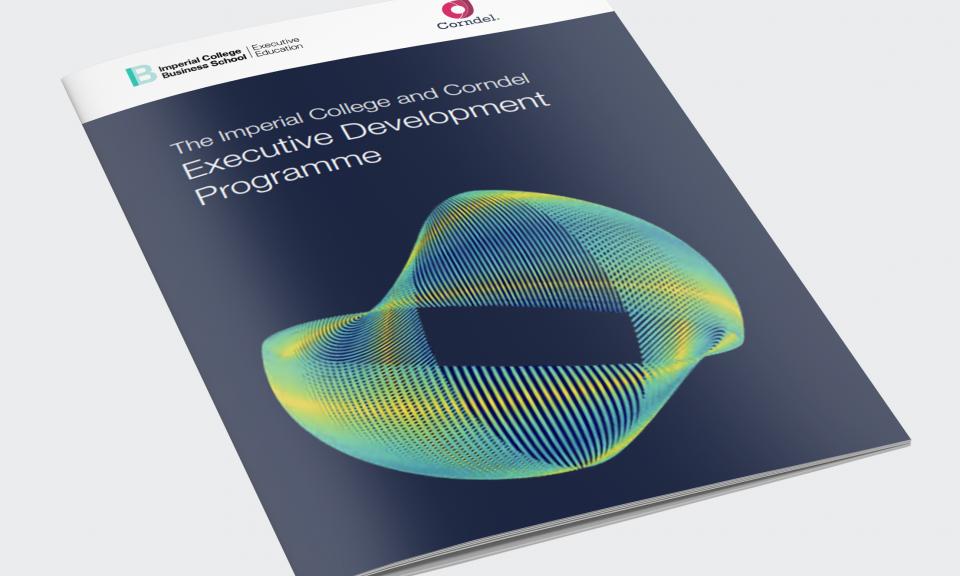
The trouble with the Conservative victory in the election is not only that we are stuck with a system of funding higher education that will burden graduates with debt while taxpayers continue to contribute almost as much as before – a lose-lose situation by any standard.
The trouble is not even that the idea that higher education must be run as a market will soon be so entrenched that other, gentler and generous, possibilities will be more and more difficult to imagine – even though it will be a rigged and over-regulated quasi-market. Another example of lose-lose.
No, the real trouble with the Tory victory is that the very idea of higher education for most, if not for all – a welfare state achievement that rivals the creation of the National Health Service – will be abandoned, to be replaced by a wider gulf between the “top” universities and the rest: a real university education and higher education-lite.
It was just about possible to imagine another government might have reversed the rush to high fees. Now it will become a gallop. The lifting of the fee cap looks inevitable, and the generous repayment regime for which we should (maybe) thank the Lib Dems will be replaced by lower repayment thresholds and real interest rates on student loans.
That does not mean the funding regime will become more stable or sustainable. Substantial taxpayer contributions will still be needed to pay for defaulters and escapees to more enlightened jurisdictions. Or else, risk-free guarantees will have to be given to hedge funds, or other vultures, that agree to take the student loan book off the government’s hands – which comes to much the same thing.
The Conservative government will also revel in the rhetoric of the market. Teaching will be further reduced to (short-term) “employability” and research to its (immediate and identifiable) “impact” in a disastrous narrowing and coarsening of our understanding of the true purposes of higher education.
But the government is also more likely to ratchet up regulation than introduce a genuinely level playing field for alternative providers. No set of politicians, however “pro-business”, ever got themselves elected to do themselves out of work. The temptation to meddle is as irresistible on the right as on the left.
The Tories have already promised to introduce a teaching equivalent of the Research Excellence Framework, however half-baked the idea and however damaging the long-term effects of research assessment have been.
Rules will be piled on regulations to make sure, of course, that universities behave in suitably entrepreneurial ways. They will be justified by the need to protect student “customers” and safeguard public money.
Can the Higher Education Conduct Authority be long delayed?
But the major damage will be caused by the effective denial of the idea that, in the 21st century and in a developed country such as Britain, access to education beyond school is close to being a human right – what is sometimes pejoratively referred to as “mass higher education”.
Most Tories think that higher education should be rationed to deserving people: those with well-off parents
Most Conservatives no longer believe in this ideal, if they ever did. Instead their gut instinct is that access to “proper” higher education should be rationed to the people who really deserve it, those who just happen to be mostly the people who have well-off parents, who probably sent them to private schools.
Public expenditure is about to be cut back to unprecedented levels, if the Institute for Fiscal Studies is to be believed. Even if the Tory government does not have the nerve to go quite so far, it is difficult to imagine that direct public funding for higher education will not be sharply reduced over the next five years.
Advertisement
Put the two together and it is easy to anticipate which universities will be winners and which losers. Funding for research and for high-cost subjects, principally science, engineering and medicine, will be protected. Goodbye, support for widening participation.
The “top”, and other traditional universities will benefit most because they have the bulk of the research and science (even if they also happen to have the most privileged student bodies). Newer, wider-access universities, with more inclusive student bodies, will suffer because they have limited research and fewer high-cost subjects.
The result will be two-tier, two-speed higher education. The universities with least will suffer most, another sad example of the Matthew principle: “To him that hath shall be given.”
The most privileged universities will continue to be the most public in the sense they will receive the most public funding. Those institutions that have done most to widen the social base, and maybe the educational possibilities, of higher education will be left to scramble for business in the marketplace of the brave new world.
[“source-theguardian.com”]











